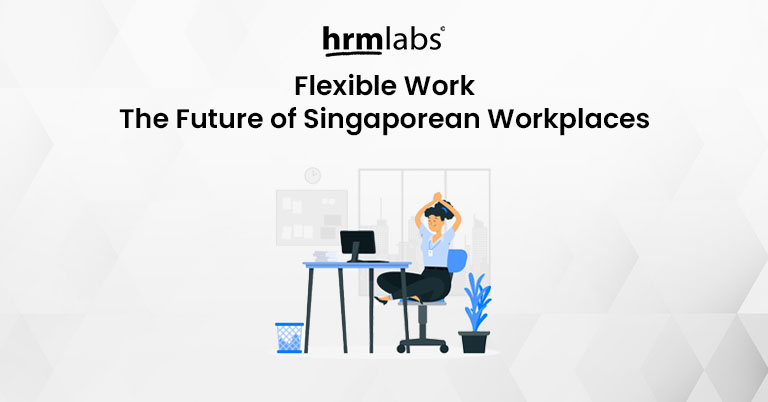The traditional nine-to-five office job is evolving rapidly. Flexible work arrangements, once a perk offered by a select few, are now becoming a standard expectation for many employees. This shift is driven by a combination of technological advancements, changing workforce demographics, and a growing emphasis on work-life balance.
The Benefits of Flexible Work Arrangements
Offering flexible work arrangements can yield significant benefits for both employees and employers.
- Improved Employee Morale and Satisfaction: Flexible work arrangements empower employees to balance their personal and professional lives, leading to increased job satisfaction and reduced burnout.
- Enhanced Productivity: Studies have shown that employees who have flexibility in their work schedules tend to be more productive and engaged.
- Attracting Top Talent: Offering flexible options can help attract and retain top talent, especially among younger generations who value work-life balance.
- Reduced Absenteeism: Flexible arrangements can accommodate employee needs, reducing sick days and unplanned absences.
- Cost Savings: By reducing office space requirements and associated costs, businesses can achieve significant savings.
Implementing Flexible Work Arrangements
Implementing flexible work arrangements requires careful planning and consideration. Here are some key steps:
- Define Your Options: Determine the types of arrangements that suit your business, such as remote work, flextime, compressed workweeks, or job sharing.
- Set Clear Expectations: Establish clear guidelines for employees regarding work hours, communication, and performance expectations.
- Invest in Technology: Equip your team with the necessary tools for remote work, such as collaboration software, video conferencing, and project management tools.
- Trust and Accountability: Build a culture of trust and accountability. Focus on outcomes rather than strict adherence to work hours.
- Monitor and Evaluate: Regularly assess the impact of this work arrangements on employee productivity, job satisfaction, and business performance.
Challenges and Considerations
While flexible work arrangements offer numerous benefits, it’s essential to address potential challenges. These include maintaining team cohesion, ensuring equal opportunities for all employees, and managing workloads effectively.
To mitigate these challenges, consider implementing regular team meetings (virtual or in-person), providing opportunities for social interaction, and offering training on effective communication and collaboration tools.
Singapore’s Work Landscape
Singapore has been at the forefront of adopting flexible work practices. The government’s support for initiatives like Smart Nation has accelerated the shift towards digital workplaces. However, challenges such as limited space and a high cost of living may influence the pace of adoption.
As Singapore continues to evolve as a global business hub, embracing flexible work arrangements will be crucial for attracting and retaining talent, enhancing productivity, and fostering a positive work culture.
Manage Flexible Work Arrangements with HRMLabs
HRMLabs offers an integrated solution that combines an advanced attendance system, scheduling, and leave management with seamless payroll integration. This comprehensive approach ensures that work arrangements are tracked accurately, schedules are managed efficiently, and leave requests are handled with ease—all while ensuring payroll processes are smooth and compliant. With HRMLabs, managing flexible arrangements has never been easier.


